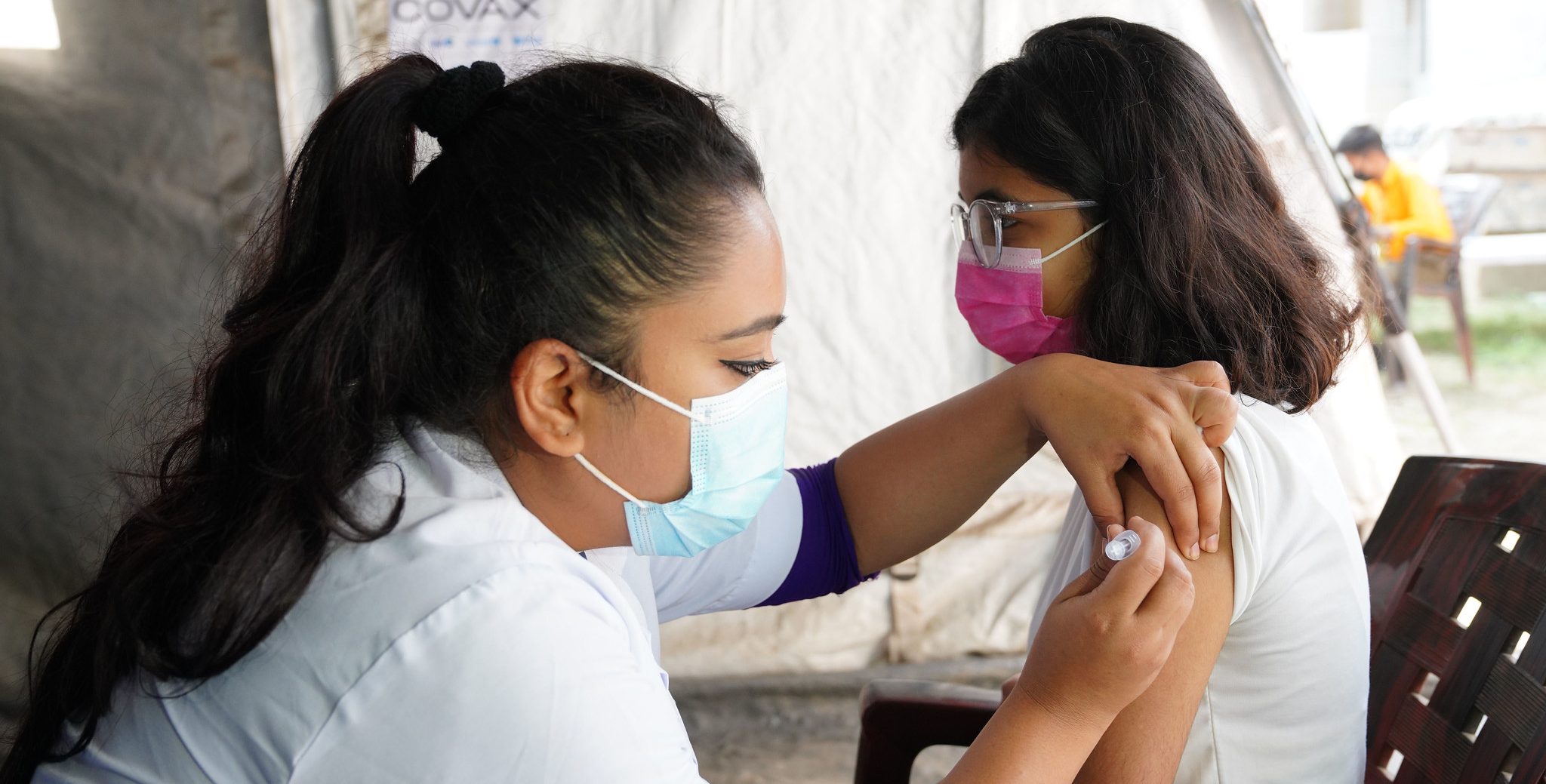
Understanding health system resilience in responding to a pandemic: experience and lessons from an evolving context of federalization in Nepal
Read this BMC Health Services Research paper here. [opens new tab]
The COVID-19 pandemic has tested the resilience capacities of health systems worldwide and highlighted the need to understand the concept, pathways, and elements of resilience in different country contexts. In this study, we assessed the health system response to COVID-19 in Nepal and examined the processes of policy formulation, communication, and implementation at the three tiers of government, including the dynamic interactions between tiers. Nepal was experiencing the early stages of federalization reform when COVID-19 pandemic hit the country, and clarity in roles and capacity to implement functions were the prevailing challenges, especially among the subnational governments.
In the newly established federal structure, the existing emergency response structure and plans were utilized, which were yet to be tested in the decentralized system. The federal government effectively led the policy formulation process, but with minimal engagement of sub-national governments. Local governments could not demonstrate resilience capacities due to the novelty of the federal system and their consequent lack of experience, confusion on roles, insufficient management capacity and governance structures at local level, which was further aggravated by the limited availability of human, technical and financial resources.
The study findings emphasize the importance of strong and flexible governance structures and strengthened capacity of subnational governments to effectively manage pandemics. The study elaborates on the key areas and pathways that contribute to the resilience capacities of health systems from the experience of Nepal. We draw out lessons that can be applied to other fragile and shock-prone settings.
Further information
This paper is from the study Understanding health system resilience to respond to COVID-19 in a federalised context: a case study of health workforce management at sub-national level in Nepal. There’s more on that research and its other outputs here.
Citation
Regmi, S., Bertone, M.P., Shrestha, P. et al. Understanding health system resilience in responding to COVID-19 pandemic: experiences and lessons from an evolving context of federalization in Nepal. BMC Health Serv Res 24, 428 (2024). https://doi.org/10.1186/s12913-024-10755-0 [opens new tab]
Image: Nepal Shot in Arm – A young girl gets a COVID-19 vaccine at a U.S. supported vaccine clinic outside of Nepalgunj Bheri Hospital in Nepal. USAid via Flickr [opens new tab]